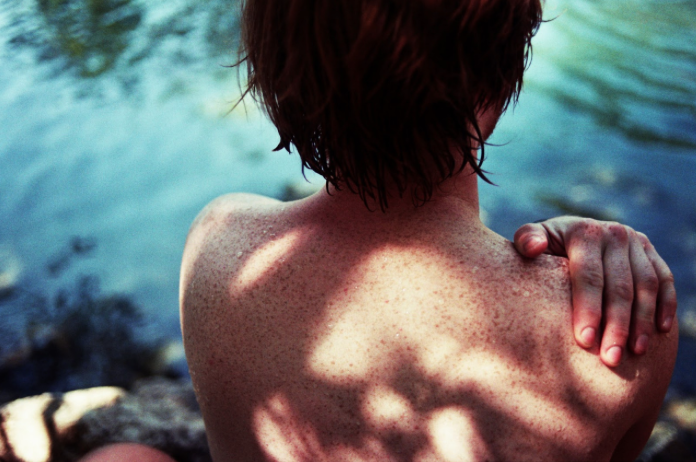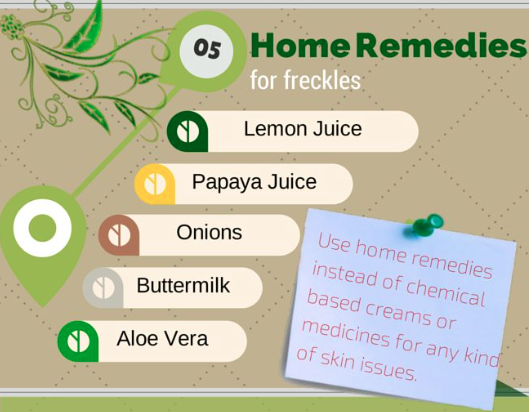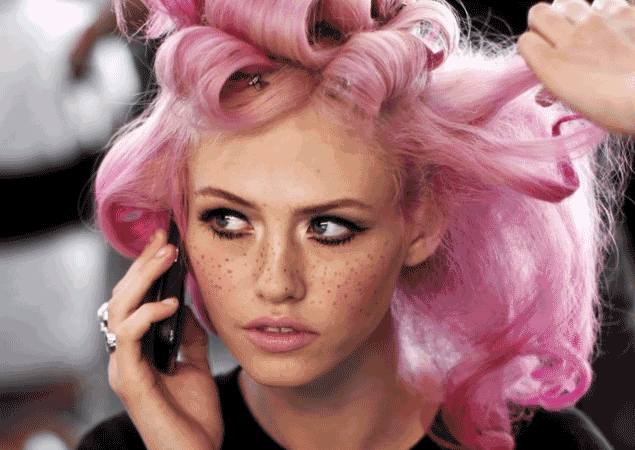To those of you out there with freckles, let’s be honest. Most of us have a love-hate relationship with the splattering of light brown pigments sprinkled across our skin. On some days they may be the source of your insecurities, on other days, a factor of your uniqueness.
But while annoying, are freckles actually bad for your skin?

GIF courtesy of giphy.com
A product of genetic tendency and sun exposure, freckles are just pigment cells (melanin) produced at an increased rate within the skin in small batches.
KidsHealth notes that those with light complexions have a greater chance of developing freckles due to a lack of melanin because once exposed to UV rays from the sun, Melanocyte skin cells will rapidly make melanin in an attempt to protect the body.
The results? Probably a strew of freckles covering your face, chest, or shoulders instead of that golden tan you wanted.

Photo Courtesy of Théo Gosselin
In all honesty, true freckles pose essentially no health risk at all. They can become more prominent in the summer and fade in the winter. They may also disappear with age. Unless you start to notice unusually sized or unusually colored spots, freckles are absolutely harmless.
What’s important is that, freckles or not, you are you and that is truer than true (as Dr. Seuss would say). Of course, it’s still important to practice good skin care on the daily. Wearing hats, applying sunscreen and following other sun safety rules will prevent irregular growths and potentially help those freckles fade away.
Anyone who has uncertain pigmented spots should get checked out by a dermatologist. It’s easy to mistake freckles for something more serious, so it’s better to be safe than sorry.

Photo courtesy of thetwoangles.com
Of course we also understand that while functioning as a naturally unique accessory, freckles may not be for everyone, and that’s okay too. For the people out there wishing to fade those freckles, treatments include bleaching creams, retinoids, masks, and for more severe cases laser treatments.
In fact there are even foods that act as natural retinoids with the potential to fade unwanted freckles. To prevent new freckles from forming, we suggest wide brim hats, sunscreen containing SPF50 and seeking shade during peak sun hours (10am-4pm).
For the freckle enthusiasts, check out how rainbow freckles are becoming the next big trend.

Photo courtesy of playbuzz.com


